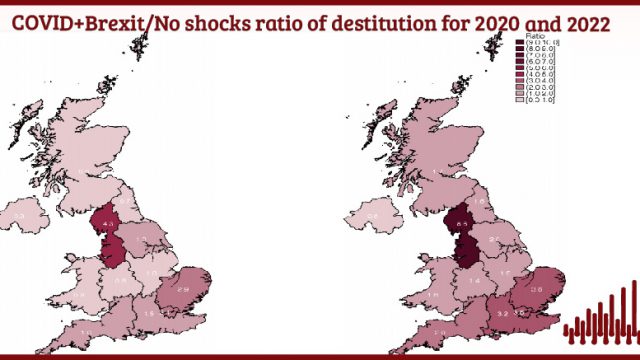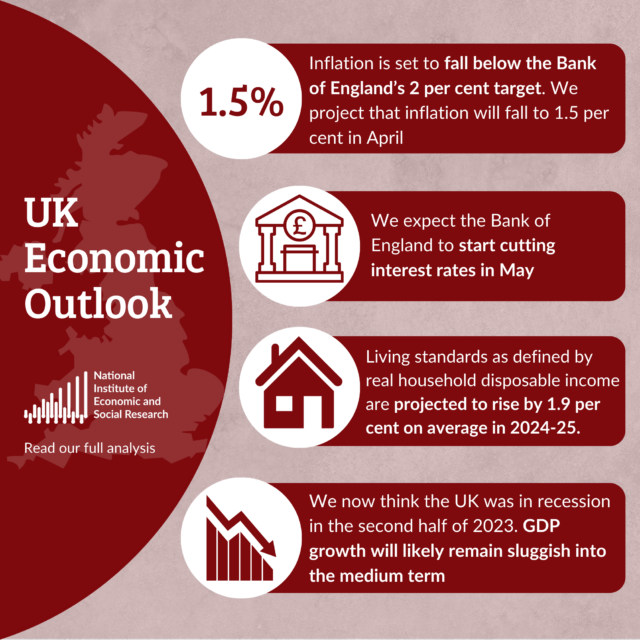Regional Economic Development and the Case of Wales: Theory and Practice and Problems of Strategy and Policy
This article considers what difference devolution has made to the development of the Welsh economy. The answer is that Wales’ performance has not relatively improved. Wales has many long-term structural economic problems, but Welsh strategy since 1999 has not met expectations for charting a clear and strong way forward either. Policies have lacked coherence and consistency, and ambitions have not been matched by effective implementation. Wales also lacks a political culture of effective democratic challenge to improve things.
Sign in to Access Pub. Date
Pub. Date
 Pub. Type
Pub. Type

Main points
- Welsh economic development strategy since devolution has been limited in coherence and consistency. The four economic development strategies published by Welsh Government since 1999 have contained some continuities, but they have not sustained a clear long-term set of aims and objectives and means of achieving them.
- Welsh economic development strategy since devolution has developed many ambitious aims, but this has not been matched by a strong and consistent focus on how to implement them. This reflects the lack of a clear set of means and performance indicators for achieving the Welsh Government’s broader Wellbeing of Future Generations goals of a more prosperous, resilient and equal Wales.
- Welsh Government approaches on transport, renewable energy and public procurement all provide examples of where Welsh Government has struggled to develop long-term policies to support a transformation of the Welsh economy. All too often it is also presumed that passing a new law or developing a new policy is enough to initiate change, and there remains an implementation gap.
- The development and governance of economic development policy in Wales has in practice been marked by limited mechanisms of accountability. Currently, much of the development of policy has been passed to consortia of local councils and regional officers, working in a relatively closed policy arena away from public view.
- Compared to other devolved jurisdictions Wales lacks a culture of diverse and effective challenge to government policy. There is a predominant public sector ethos, and voluntary sector and civil society organisations are very dependent upon the state.
The article assesses economic development strategy in Wales since devolution. It considers theoretical views on success or failure of devolution to realise economic benefit, and reviews existing explanations of Wales' lack of success in changing its position relative to other UK territories. The article develops a novel critique first of overall economic development strategy, suggesting problems of coherence, consistency and methods of implementation. It then critiques three policies that have had the potential to realise development strategy - transport, renewable energy and public procurement - again revealing problems of coherence, consistency, implementation and governance.
Read this article for free here
























